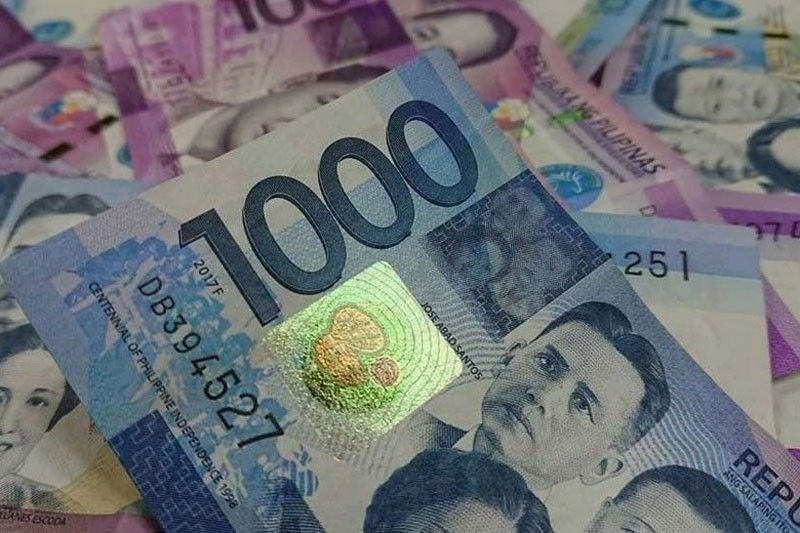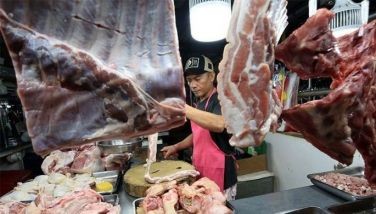More hot money flows out in July

MANILA, Philippines — More foreign portfolio investments – commonly known as hot money – flowed out of the country in July after global debt watcher Fitch Ratings downgraded its outlook on the Philippines as the country struggled to contain the COVID-19 outbreak, the Bangko Sentral ng Pilipinas (BSP) said.
Latest data released by the central bank showed hot money reverted to a net outflow of $339.7 million in July from a net inflow of $334.51 million in June, ending two straight months of net inflows.
Last month’s net outflow, however, was lower than the $453.17 million outflow recorded in July last year.
Hot money refers to purely speculative funds that quickly and regularly move within the global financial markets as investors scout for the higher short-term yields available.
Fitch lowered the country’s credit rating outlook to negative from stable but affirmed the BBB rating, or a notch above minimum investment grade, last July 12. The debt watcher also slashed the country’s gross domestic product (GDP) growth forecast to five percent instead of 6.3 percent for this year and 6.6 percent instead of 8.3 percent next year.
Likewise, the BSP said local government units (LGUs) were forced to put on hold their vaccination programs due to supply constraints brought about by the resurgence of COVID-19 cases with the emergence of the highly contagious Delta variant.
This prompted Malacañang to place the National Capital Region and nearby provinces under enhanced community quarantine from Aug. 6 to 20 to slow the spread of the virus.
Data released by the central bank showed gross inflows inched up by 1.5 percent to $729.77 million in July from $719.11 million in the same month last year.
About 64.4 percent of the gross inflows of foreign portfolio investments went to companies listed on the Philippine Stock Exchange (PSE), particularly property developers, holding companies, banks, transport services as well as food, beverage and tobacco firms.
On the other hand, 35.6 percent of the inflows went to investments in peso-denominated government securities.
The BSP traced the major sources of speculative funds in July to the UK, US, Singapore, Norway and Luxembourg.
Likewise, data showed gross outflows decreased by 8.8 percent to $1.07 billion in July from $1.17 billion in the same month last year.
Despite the withdrawals, the BSP said net outflows of foreign portfolio investments stood at $445.88 million from January to July this year, way lower than the $3.76 billion recorded in the same period last year despite the impact of the COVID-19 pandemic to the global economy and financial system.
For this year, the BSP expects a net foreign portfolio investments inflow of $5.5 billion, a turnaround from the net outflow of $4.2 billion last year as the country is seen recovering from the pandemic-induced recession with a GDP growth of six to seven percent.
- Latest
- Trending































